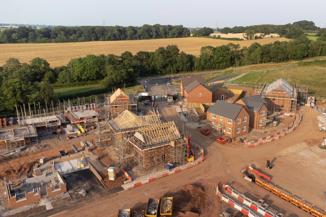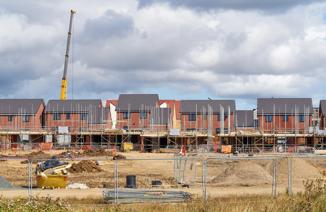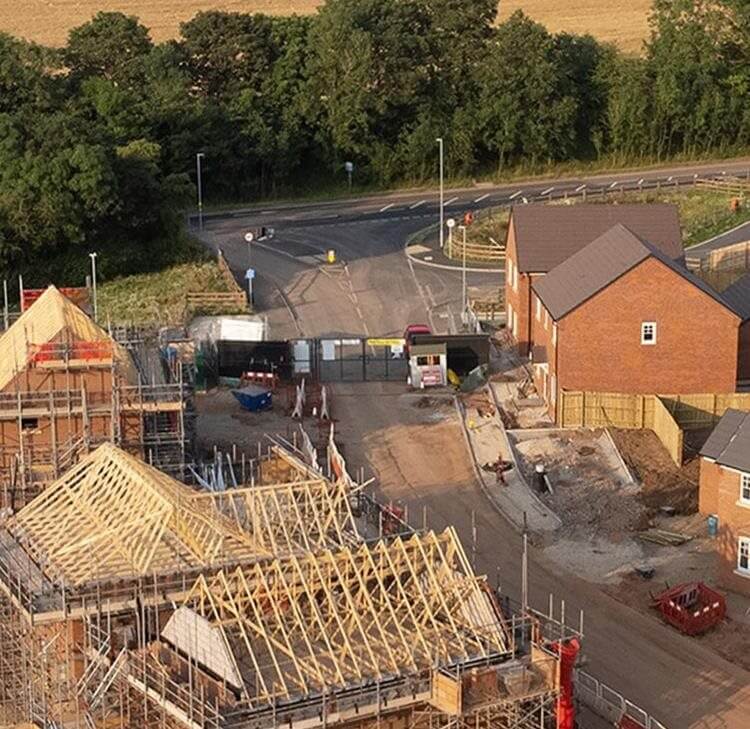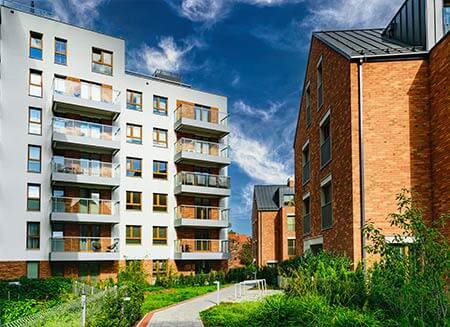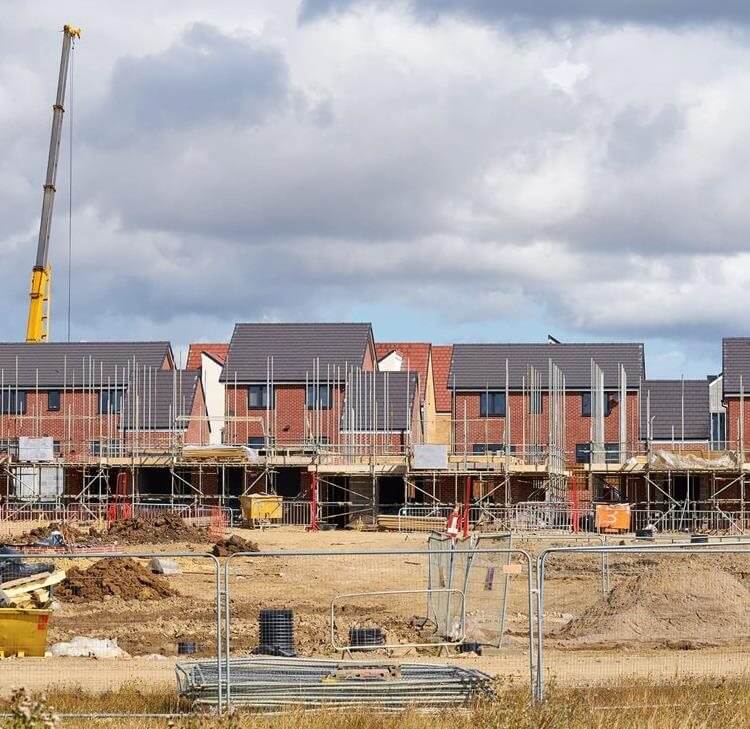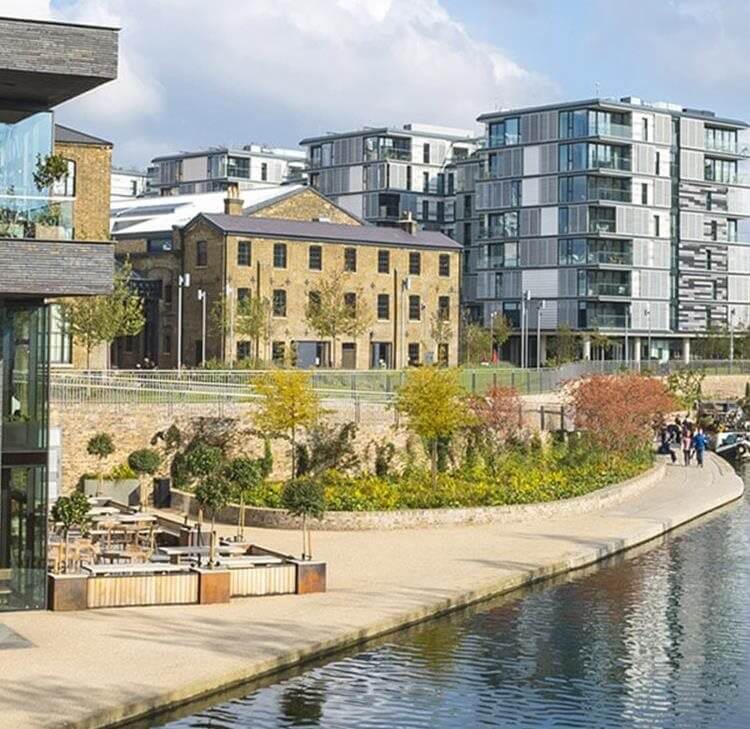UK and Ireland law firm Browne Jacobson has sponsored think tank New Local on the creation of a new report which calls for the planning system to give communities more power and influence to shape local development and ensure housebuilding targets are met.
New Local is an independent think tank and network of councils, with a mission to transform public services and unlock community power.
The report, 'Constructing Consensus: The case for community-powered development and regeneration', argues that deeper community involvement is key to speeding up building plans and ensuring quality and sustainability.
The report challenges assumptions that local communities are dominated by NIMBY’s – and are intrinsically anti-development. Instead, it argues that deeper community involvement can increase building projects’ quality, speed, and acceptance.
The report calls on the government to:
- Fund citizens assemblies on New Towns to ensure developments respond to community priorities about what makes a place liveable.
- Require deeper community involvement in the National Planning Policy Framework, currently under revision.
- Use forthcoming English devolution legislation to increase opportunities for community ownership.
The potential to transform the system is illustrated by dozens of national and international examples, including:
- A council in Hampshire running deliberative engagement to involve local people in housing development plans and town centre regeneration schemes
- International examples Vienna and Zurich where targeted regulation and a more empowered local state has produced more affordable, high quality and sustainable housing.
- Community-run regeneration projects transforming neglected neighbourhoods in Plymouth, Hastings and Grimsby.
Inputting to the research at Browne Jacobson were partners Zo Hoida, Peter Ware, Anja Beriro and Nick Hurley.
Zo Hoida, Real Estate Partner at Browne Jacobson said:
"Our team is renowned for supporting both local governments and developers on ambitious regeneration projects, so we’re very happy to have contributed to this report by New Local. There’s so much opportunity when it comes to regeneration, and we look forward to supporting for councils and developers on their continued efforts."
Imran Hashmi, report co-author and senior researcher at New Local, said:
“We need to build more homes. The Government’s planned local housing targets need to be matched with new powers to give communities more influence over development and regeneration plans. The outcome needn’t be quality versus quantity. Our research shows that we can shift from adversarial to an enabling system by giving communities more influence to shape development and ensure it meets local needs.”
Recent accomplishments by Browne Jacobson’s government team include being appointed in the procurement by the North West Legal Consortium (NWLC) to advise public bodies in North West England on issues ranging from social care to construction projects. The firm has also recently advised London Borough of Sutton’s town centre regeneration scheme which will introduce a diverse mix of retail and leisure facilities, significantly enhancing the town centre's appeal and economic vitality.








